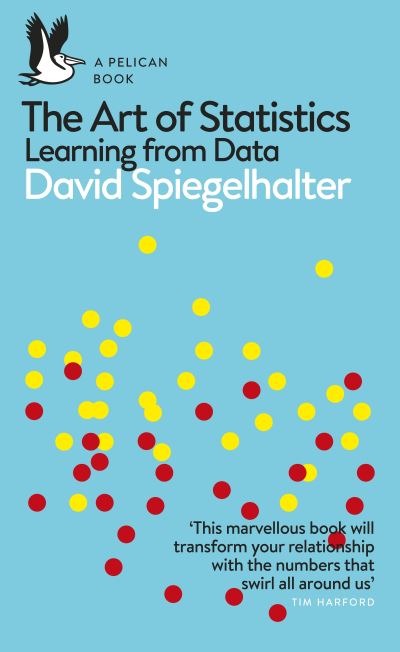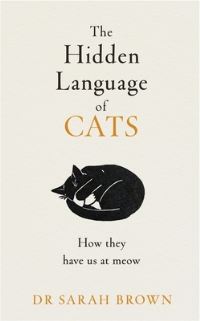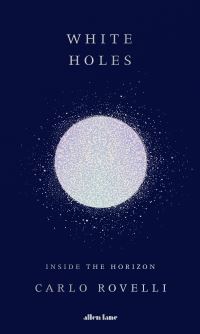Description
‘A statistical national treasure’ Jeremy Vine, BBC Radio 2
‘Required reading for all politicians, journalists, medics and anyone who tries to influence people (or is influenced) by statistics. A tour de force‘ Popular Science
Do busier hospitals have higher survival rates? How many trees are there on the planet? Why do old men have big ears? David Spiegelhalter reveals the answers to these and many other questions – questions that can only be addressed using statistical science.
Statistics has played a leading role in our scientific understanding of the world for centuries, yet we are all familiar with the way statistical claims can be sensationalised, particularly in the media. In the age of big data, as data science becomes established as a discipline, a basic grasp of statistical literacy is more important than ever.
In The Art of Statistics, David Spiegelhalter guides the reader through the essential principles we need in order to derive knowledge from data. Drawing on real world problems to introduce conceptual issues, he shows us how statistics can help us determine the luckiest passenger on the Titanic, whether serial killer Harold Shipman could have been caught earlier, and if screening for ovarian cancer is beneficial.
‘Shines a light on how we can use the ever-growing deluge of data to improve our understanding of the world’ Nature





